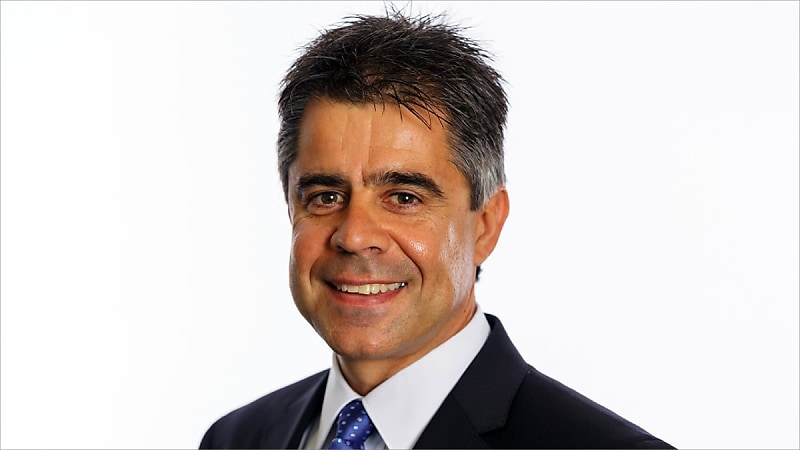SMSFA still hoping for more ‘tinkering’ with proposed super legislation
Although there may not be significant changes to the proposed $3 million super tax legislation, there could still be some “tinkering around the edges”, says an industry representative.
Peter Burgess, CEO of the SMSFA, said it is expected the bill will be tabled in Parliament next month and there are several technicalities that he believes should be “tidied up”.
“We’re not going to see significant changes to what we saw in the draft legislation,” he said.
“I think the debate for this will take off in earnest in February next year. What we’re going to see is the legislation introduced into the Parliament in early December, but the regulations supporting this legislation will not be finalised at that time.”
Mr Burgess said there’s a lot of detail in those regulations that hopefully will be debated, particularly concerning defined benefit interests and how this tax will apply to those members.
“It will be very difficult for the Senate to be able to vote on this legislation without those regulations being finalised,” he said in the latest SMSF Adviser podcast.
“I suspect we’re going to see this legislation introduced but stay in Parliament over Christmas, and we remain optimistic that the Senate crossbench will hold up this legislation.”
He added that he is hopeful that the crossbench members the SMSFA has been lobbying about the proposed taxation of unrealised capital gains will instigate debate and push for the bill to be referred to the Senate Economics committee for an inquiry.
Aaron Dunn, CEO of Smarter SMSF, said research commissioned by the SMSFA shows the proposal as it stands will create problems in particular around liquidity for SMSFs.
“These are all things ultimately, that without the body of evidence behind us about what the real impacts will be, we’re not really going to know,” he said.
“Some of the advantages of the industry that we have is that we can actually use real and live data now to be able to push this back now. To what extent the government takes that on board, who knows?
“But it is a real advantage for us in the industry now to have such depth in the information that we have to be able to provide research and insights back to government to ultimately try and help make better decisions.”
Mr Burgess said one of the advantages of the SMSF sector is a lot of the data lies with three software providers and the SMSFA has been able to extract data from those providers for research.
“Over 700,000 SMSF members were included in the data sample for the Adelaide University research so it’s well over 50 per cent of the entire SMSF population,” he said.
“We asked the university to model this tax, assuming it had been introduced in the 2021 and 2022 income years and what we were interested to know is how many funds would not have had the required liquidity to be able to pay the Division 296 tax.”
He said the research found that around 13 per cent of impacted funds would not have had enough cash in their fund to pay the proposed tax.
“The research couldn’t make any comment in relation to whether those SMSFs had sufficient cash outside the fund, but looking at their cash balance in the fund, they wouldn’t have enough cash to be able to pay that tax,” Mr Burgess said.
“And this is what’s concerned us from day one. If you’re using a calculation methodology of earnings that picks up unrealized capital gains, it means that you’re assuming these individuals have some cash reserves in order to be able to pay that tax, because you’re taxing them on amounts that they haven’t received and may never receive.”
He concluded there is a good reason why countries around the world, including Australia, don’t tax unrealised gains.
“It’s because it can cause liquidity, financial problems for individuals and that’s exactly how we see it playing out in the SMSF sector,” he said.








